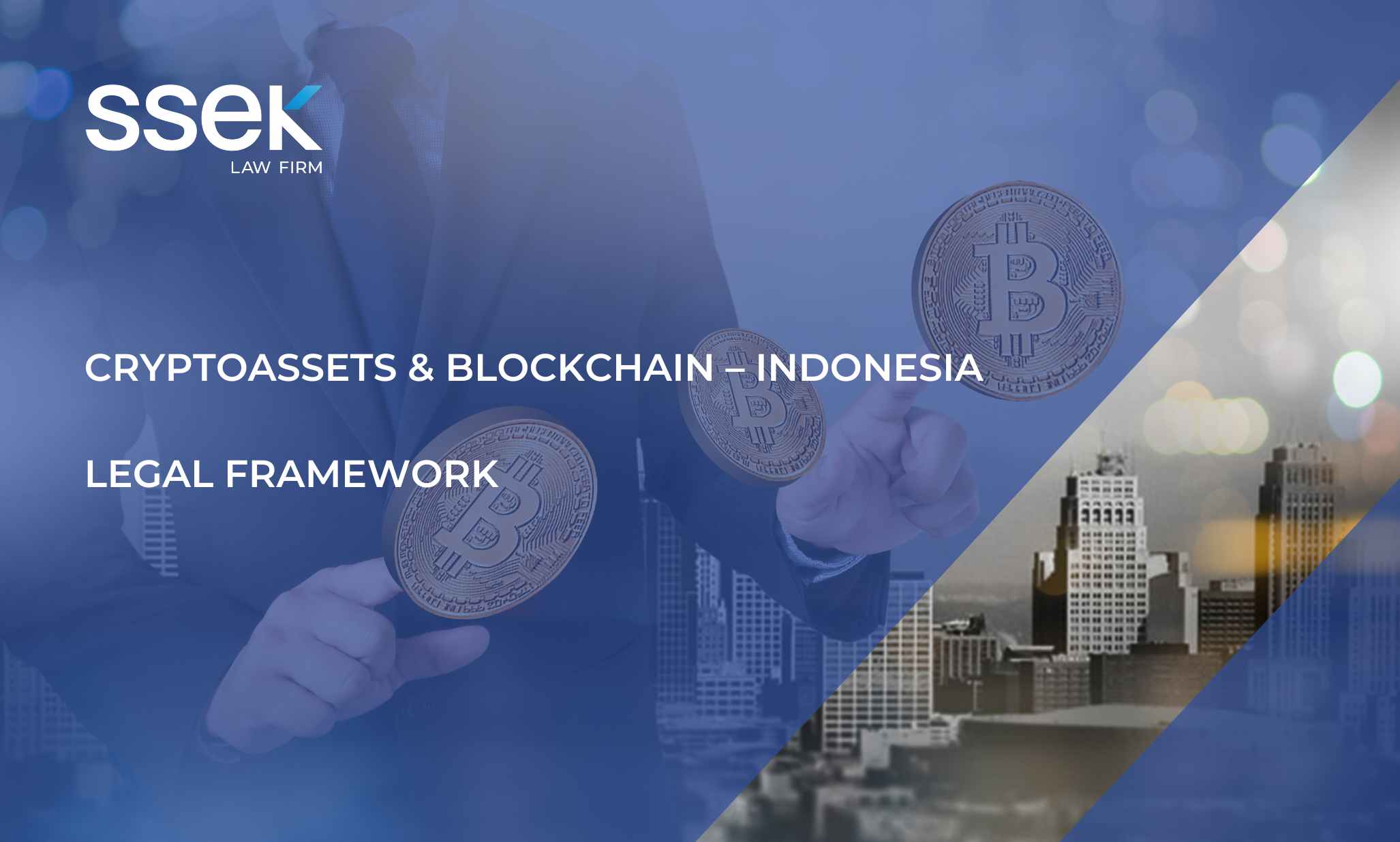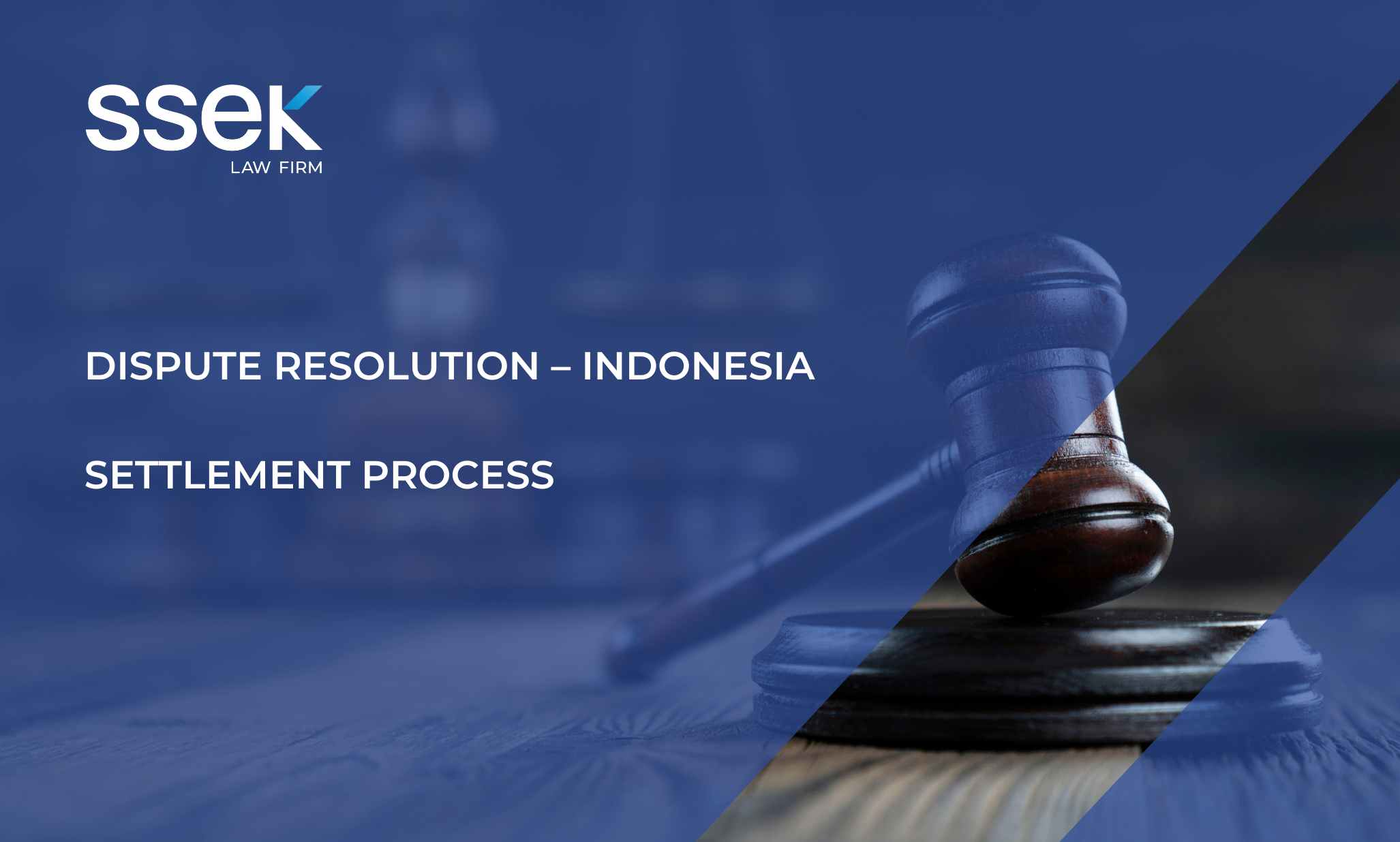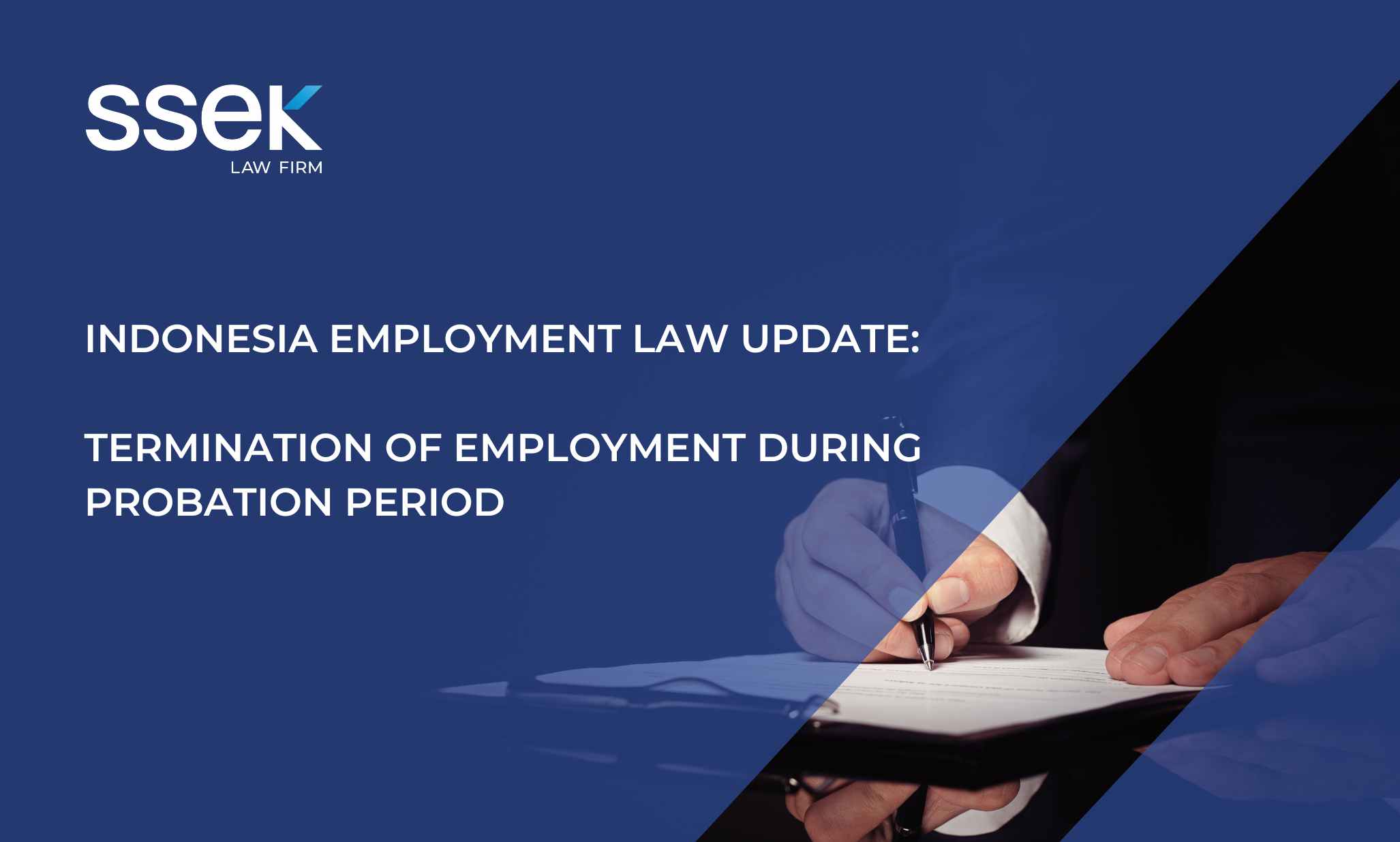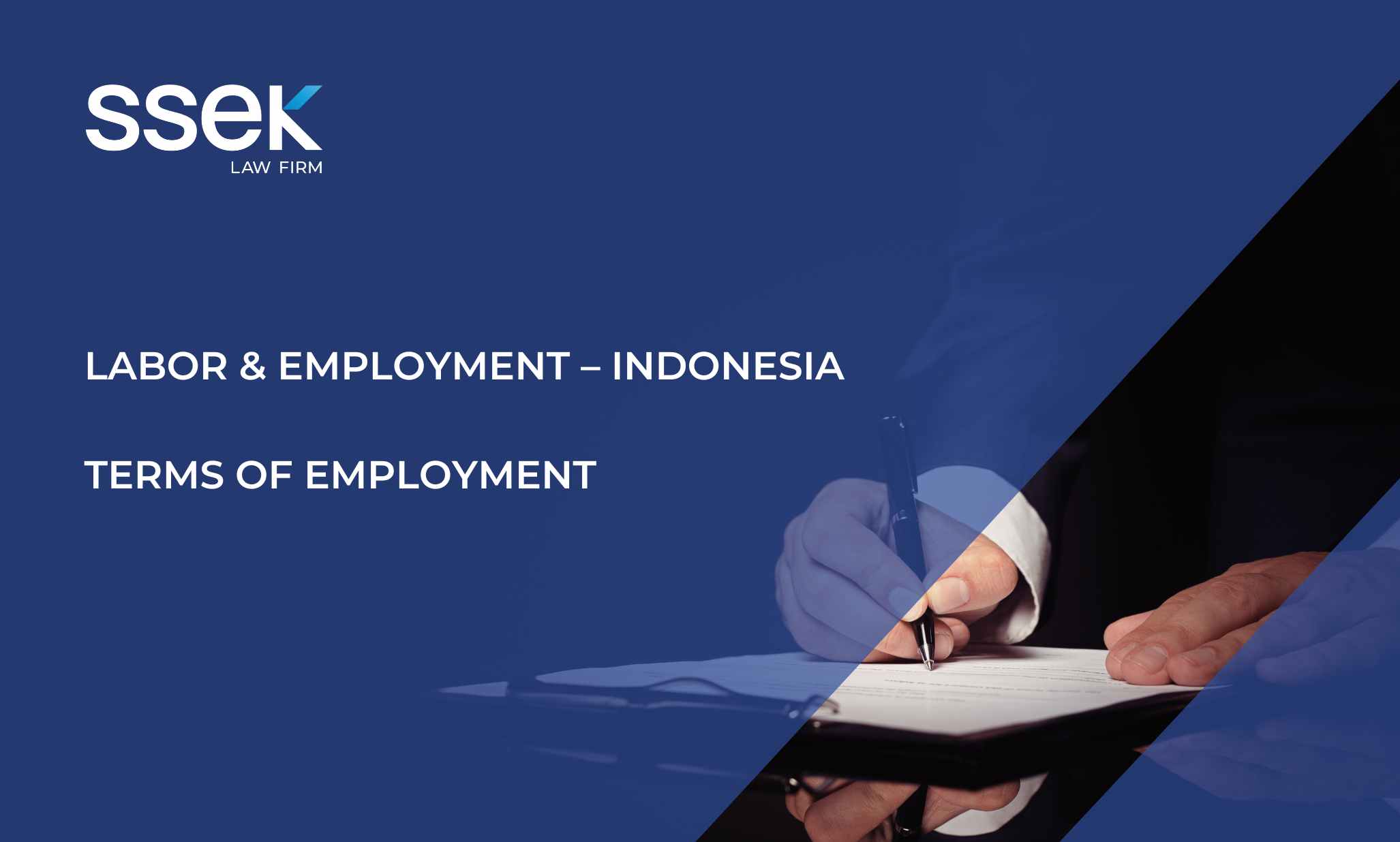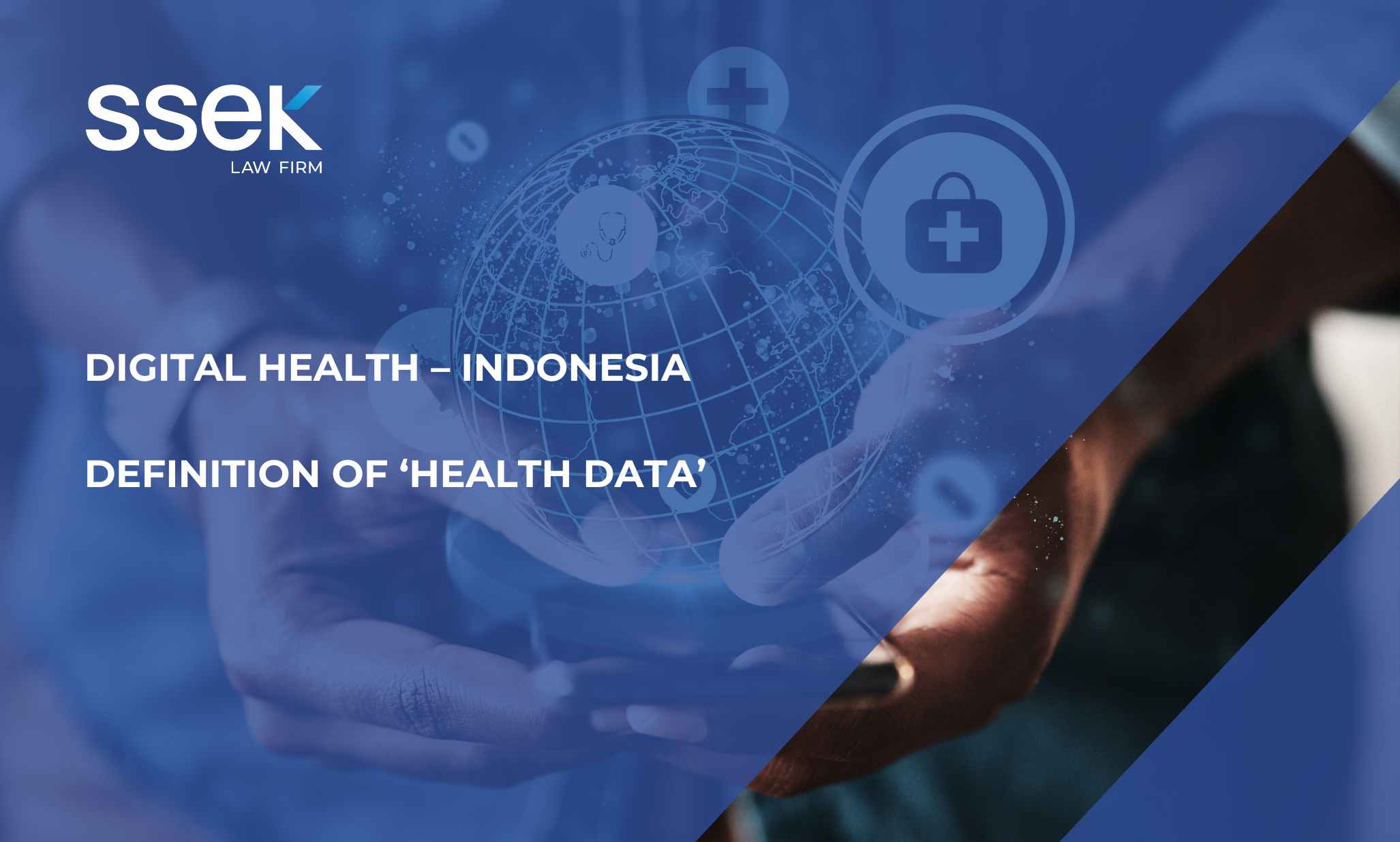

This is the first post in SSEK's 2014 Legal Guide to Oil Regulation. Fitriana Mahiddin and Syahdan Z. Aziz will address a new topic each week. Oil activities in Indonesia are classified as upstream (exploration and exploitation) or downstream (processing, transportation, storage and trading). In the upstream business, as of March 1, 2014, there are a total of 323 contract areas, 244 of which are in the exploration phase and 79 in the exploitation phase. The success rate for oil and gas exploration has consistently reached 69 percent since 2011. Most exploration and exploitation activities, both onshore and offshore, are carried out in western Indonesia. Major companies are involved in oil exploration and exploitation in Indonesia, including Chevron Pacific Indonesia, Total E&P, ConocoPhillips and ExxonMobil. In 2012, Indonesia consumed approximately 1.384 million barrels per day of oil, or about 47 percent of Indonesia's total energy consumption. Oil production per day in 2012 reached 874,790 barrels, or approximately 63.1 percent of Indonesia’s oil needs. Through Presidential Instruction No. 2 of 2012 regarding Increase of National Oil Production, Indonesia is targeting production of 1.01 million barrels per day by 2014. General energy policy Indonesia has a general energy policy, as contained in Presidential Regulation No. 5 of 2006 regarding National Energy Policy (PR 5/2006). PR 5/2006 aims to secure the domestic energy supply by 2025, mainly through energy procurement, energy utilization, energy pricing policy and environmental conservation. The House of Representatives recently approved a draft Government Regulation on National Energy Policy to replace PR 5/2006. Register for licenses and licensees The Directorate General of Oil and Gas (DGOG) of the Ministry of Energy and Mineral Resources (MEMR) maintains records of licenses and licensees in Indonesia. However, these records are not publicly available at the DGOG office. Some of these records are available at the DGOG website (www.migas.esdm.go.id), although it is not regularly updated. Alternatively, such information may be obtained by directly inquiring with the relevant officials at the DGOG. General legal system in Indonesia Indonesia has a civil law system. The legal framework in Indonesia heavily relies on laws and regulations, whereas judicial decisions and scholarly comments are merely persuasive in nature. Final and binding domestic judgments are immediately enforceable. Domestic arbitral awards are enforceable if the procedure set out in Law No. 30 of 1999 regarding Arbitration and Alternative Dispute Resolution (the Arbitration Law) is applied. The Arbitration Law recognizes the enforcement of foreign arbitral awards. In general, Indonesia has bound itself to enforce foreign arbitral awards if the award is rendered by a tribunal in a country bound by the 1958 New York Convention on the Recognition and Enforcement of Foreign Arbitral Awards or a relevant bilateral treaty with Indonesia, the dispute is commercial in nature, as that term is understood under Indonesian law, and the award does not contravene Indonesian law or notions of order or public policy. Law No. 31 of 1999 regarding the Eradication of Criminal Acts of Corruption, as amended by Law No. 20 of 2001 (collectively, the Corruption Law) and Law No. 11 of 1980 regarding Criminal Acts of Bribery are relevant in dealing with the legality of payments to government officials in Indonesia. The Corruption Law states that every gift or gratification given to a government official or state organizer shall be deemed as a bribe if it is related to his or her position and is contrary to his or her duties or obligations. Reproduced with permission from Law Business Research Ltd. This article was first published in Getting the Deal Through – Oil Regulation 2014. For further information, please visit www.GettingTheDealThrough.com. This article is intended for informational purposes only and does not constitute legal advice. This article should not be acted upon in any specific situation without appropriate legal advice.




